-
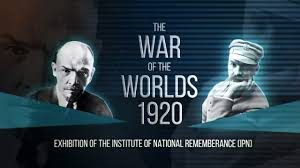
"Battle of Warsaw" campaign image -
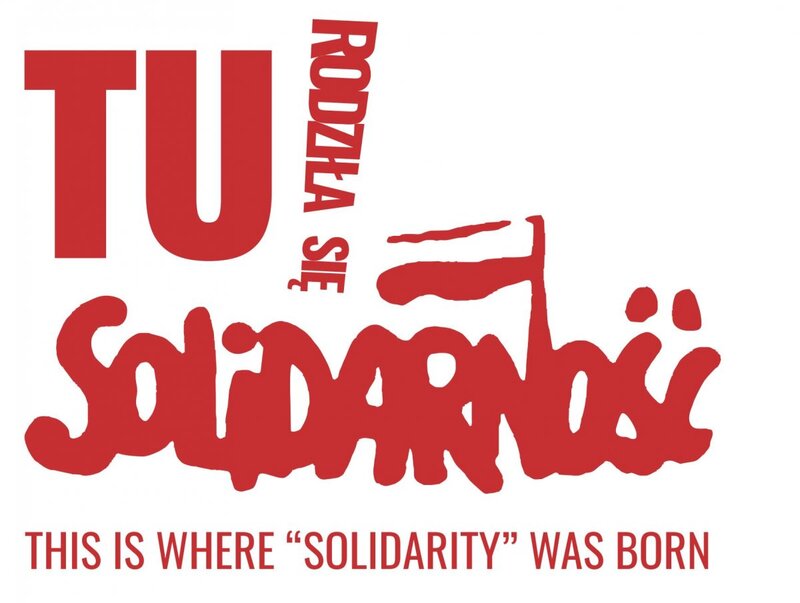
"Solidarity" campaign image -
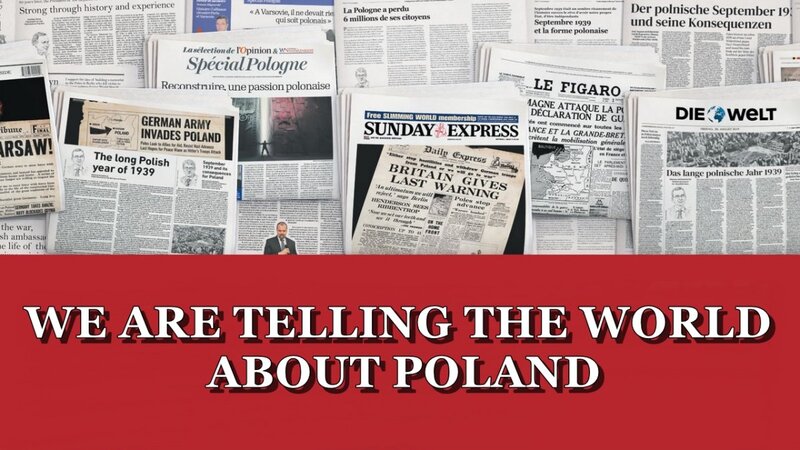
"We Are Telling the World about Poland" campaign image -
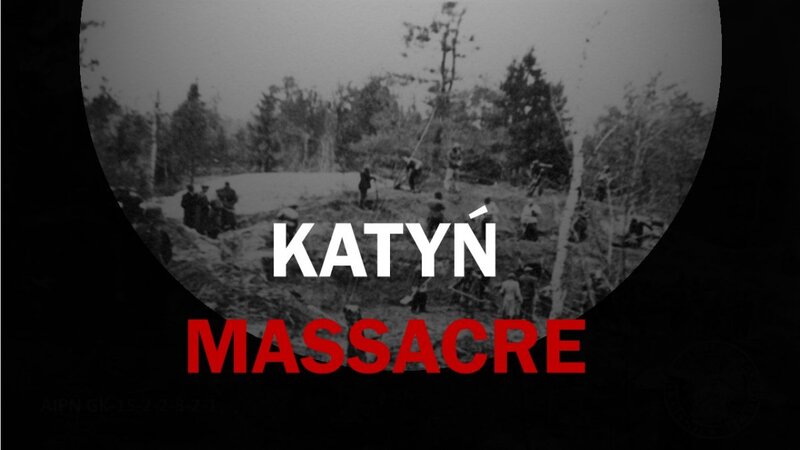
"Katyń Massacre" campaign image -
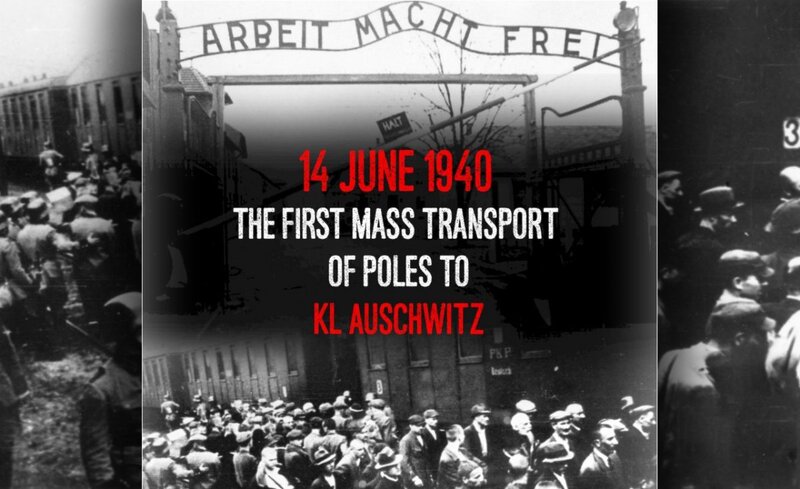
"First Transport to Auschwitz" campaign image -
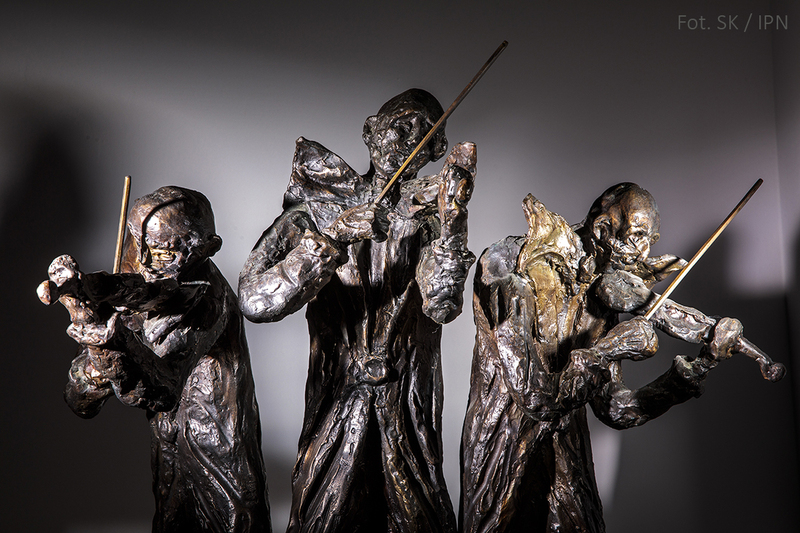
"The Image of Treblinka in the Eyes of Samuel Willenberg" campaign image -
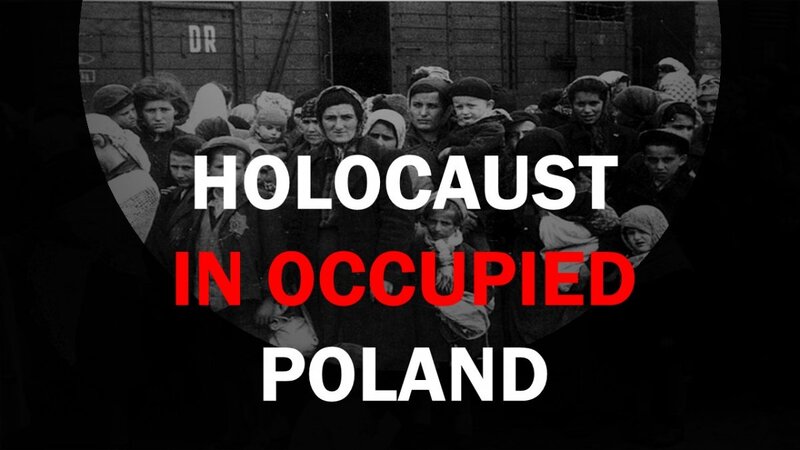
"Holocaust in Occupied Poland " campaign image -
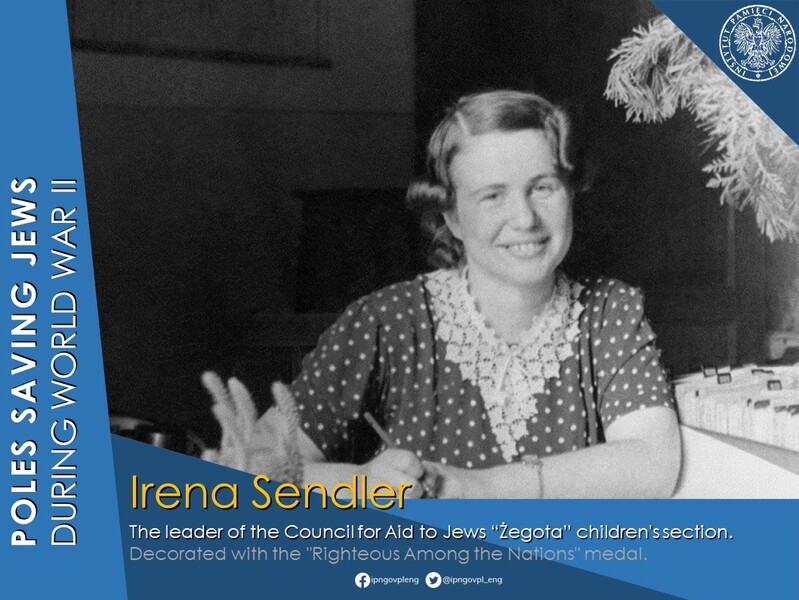
"Poles Saving Jews" campaign image -
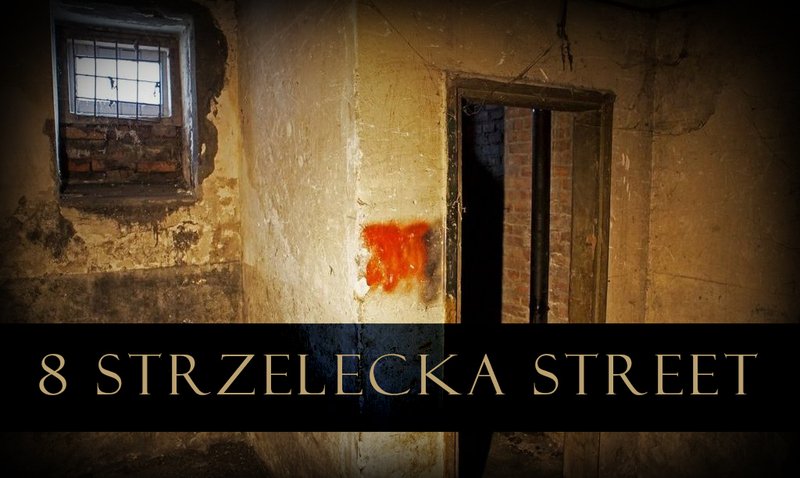
"8 Strzelecka Street" campaign image
There are issues and situations that require an in-depth approach – hence the IPN’s campaigns.
Last year, Poland celebrated a number of important anniversaries: we honoured the heroes who saved Europe from the Bolsheviks one hundred years ago, went back forty years to when "Solidarity", the first independent trade union in the communist bloc, was born, and grieved over the Katyn Massacre or the first transport of Poles to Auschwitz eight decades before. Simultaneously, we promoted Polish history through stories by our President, Jarosław Szarek, run by the world’s major newspapers, brought Samuel Willenberg's art from Israel, and opened a museum in the building of a former communist prison in Strzelecka Street, Warsaw.
We combatted defamation, which demanded meticulous research, firm rebuttal of allegations, and clear articulation of the truth. Clear articulation meant arguments that were persuasive rather than plausible and struck home, exposing the falsehood and convincing wide audiences. The whole process involved scores of experts – archivists, historians, media people – who worked together to achieve the desired effect every time someone in the world decided to publicize misinformation, slander or libel in relation to Poland, or attempted to distort historical facts.
Campaigns were also the way to approach other areas of the Institute’s activity, such as education. Samuel Willenberg’s sculptures - which the IPN brought from Israel, turned into a telltale exhibition, built a whole educational program around it, and sent it on a tour of Polish towns and cities - may be a good example thereof. The projects required catalogues, articles, lesson plans, multimedia, interviews, publicity events – even a virtual walk to bypass the pandemic restrictions – but paid off: the Institute managed to turn works of art into a powerful tool of teaching about the Holocaust.
To cut the long story short: commemorate, put right, and teach history, offering the world a big picture, was the idea behind the IPN's campaigns in 2020.